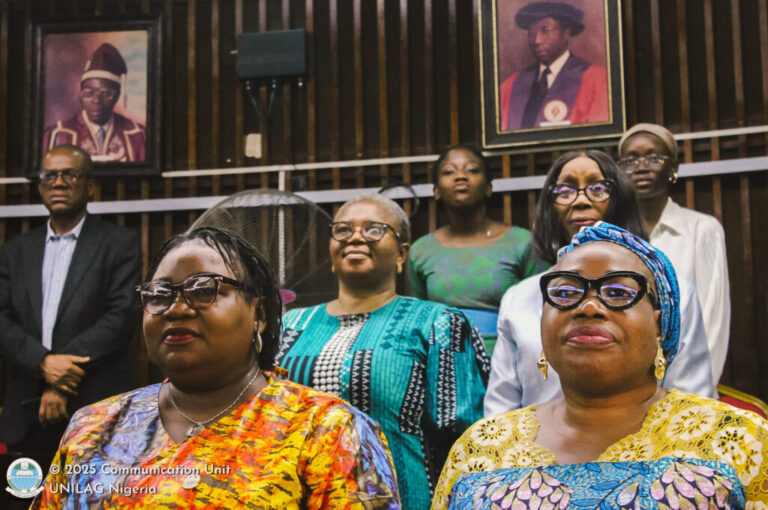At the forefront of Nigeria’s quest for economic diversification and innovation, the University of Lagos (UNILAG) is championing a transformative approach to higher education—shaping graduates not just with degrees, but with entrepreneurial mindsets capable of driving national growth.
Prof. Olufemi Olayemi, the convener and lead speaker at a recent seminar, who holds the Dr. Mike Adenuga (Jnr.) Professorial Chair in Entrepreneurship Studies, articulated a compelling definition of an entrepreneurial mindset. “It is a cognitive orientation that enables individuals to identify opportunities, take calculated risks, and persist through challenges to create value,” he explained.
He emphasized that cultivating such a mindset requires deliberate effort—integrating entrepreneurship into university curricula, mentorship programs, and fostering an institutional culture that encourages innovation. “Experiential learning—through simulations, case studies, start-up projects, and interdisciplinary collaboration—is vital,” Olayemi added. “Introducing students to entrepreneurial thinking early on builds confidence, creativity, and resilience—traits essential for success in today’s dynamic economy.”
The professor further highlighted that developing an entrepreneurial ecosystem within universities involves a systemic approach, including curriculum reforms, supportive infrastructure, and committed leadership. He also stressed the importance of agropreneurship—a key sector for Nigeria’s development—calling for universities to promote innovation-driven solutions to solve real-world problems across disciplines.
In a related address, Dr. Mike Adenuga (Jnr.), Chair of the university’s Entrepreneurship Studies, urged young Nigerians to remain focused, patient, and strategic. “Rome wasn’t built in a day,” he said. “Young entrepreneurs should seek out mentors and champions who can add value to their journey. Patience, perseverance, and collaboration are indispensable ingredients for success.”
Through this initiative, UNILAG aims to reinforce its role as a catalyst for Nigeria’s economic transformation, ensuring that every graduate departs with not only academic knowledge but also the mindset and skills to innovate, lead, and create sustainable value for the nation.

